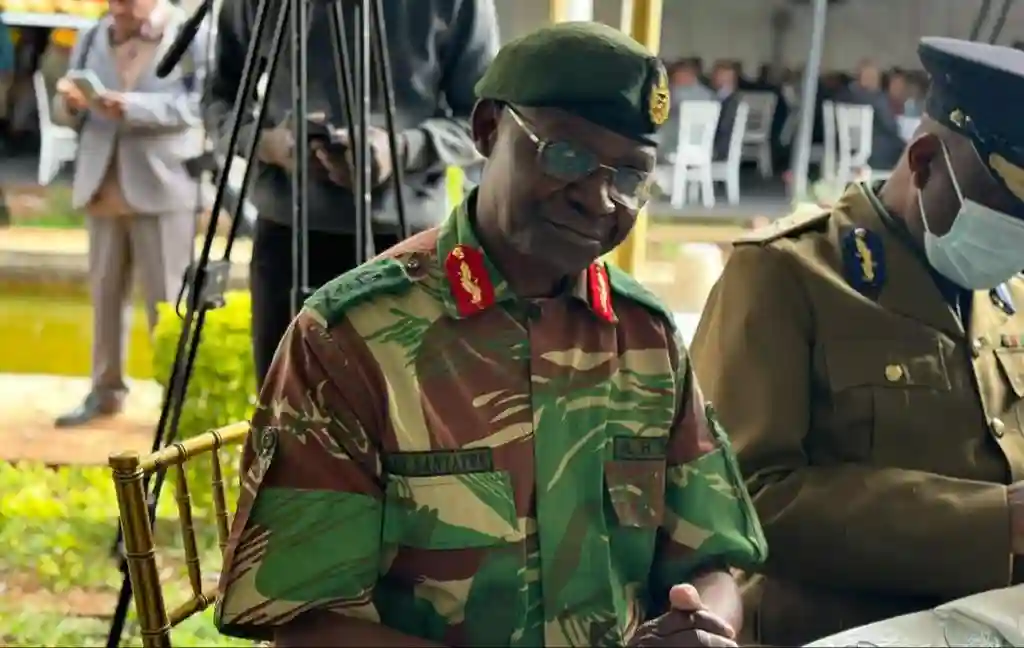Human Rights Watch has condemned Zimbabwe’s army commander’s open declaration that the country’s security forces intend to play a partisan political role, threatening future elections and those participating in them.
Last month, the Zimbabwe National Army commander, Lt. General Anselem Sanyatwe, was quoted as saying the army will use “command voting” and that the ruling party, ZANU PF, would “rule forever.”
Allan Ngari, Africa advocacy director at Human Rights Watch said Zimbabwe’s security forces need to uphold the country’s Constitution. Said Ngari:
The Zimbabwe military commander’s open endorsement of the ruling party not only threatens the fairness of elections but opens the door for security force abuses against voters, the opposition, and civil society organisations.
Zimbabwe’s security forces need to comply with the country’s laws and regulations that uphold its international human rights obligations to ensure that elections are free and fair.
For decades, Zimbabwe’s military and other state security forces have interfered in the nation’s political and electoral affairs in violation of citizens’ civil and political rights.
Zimbabwe’s constitution states that no member of the security services in exercising their functions may act in a partisan manner, further the interests of any political party, or cause or violate anyone’s fundamental rights or freedoms.
However, senior members of the security forces have routinely ignored these provisions with impunity.
Human Rights Watch has urged the government of Zimbabwe to take urgent steps to end the military’s participation in partisan politics, including by disciplining or prosecuting military officers who violate laws and regulations that prohibit the security forces from directly supporting any political party.
According to Human Rights Watch, election periods in Zimbabwe, especially in 1985, 1990, 2000, 2002, 2005, and 2008, were characterized by widespread political violence, committed mainly by ZANU PF, its allies, and government security agencies, including sections of the army.
These problems were particularly evident during the 2008 elections when the army was credibly implicated in numerous systematic abuses that led to the killing of up to 200 people, the beating and torture of 5,000 more, and the displacement of 36,000.
The 2017 coup against President Robert Mugabe further entrenched the military in its partisanship with the ruling party and interference in civilian affairs.
The military leadership and some sections of the army have, since the coup, taken highly visible steps that adversely affect the political environment. Added Ngari:
Security force commanders need to speak and act in a manner that reflects a strictly neutral political position in accordance with Zimbabwe’s constitution and international law.
Authorities should take appropriate disciplinary action against officers in the security forces, regardless of rank, who violate laws and regulations prohibiting partisan conduct.
More: Pindula News

